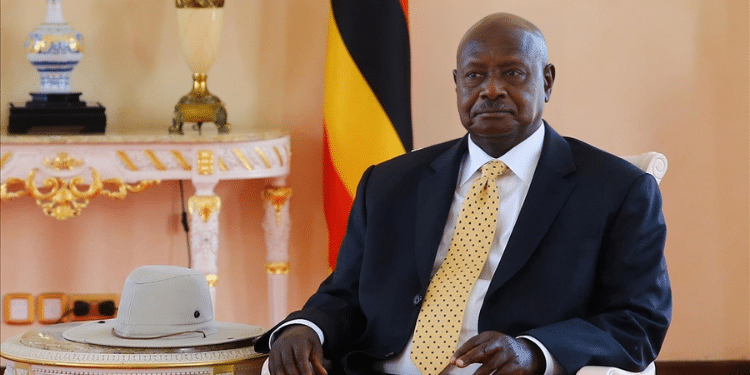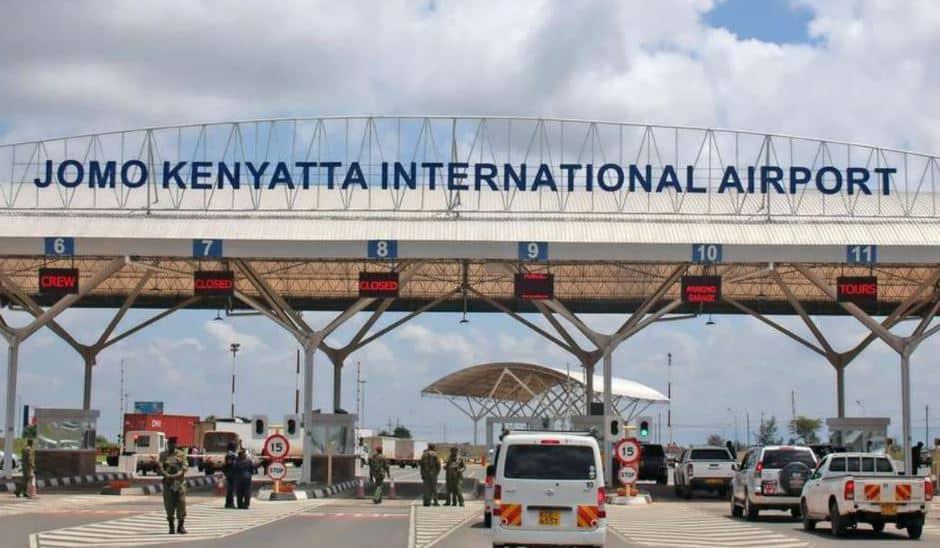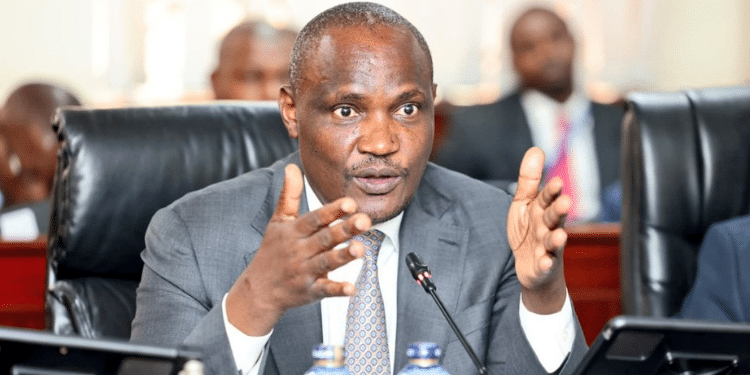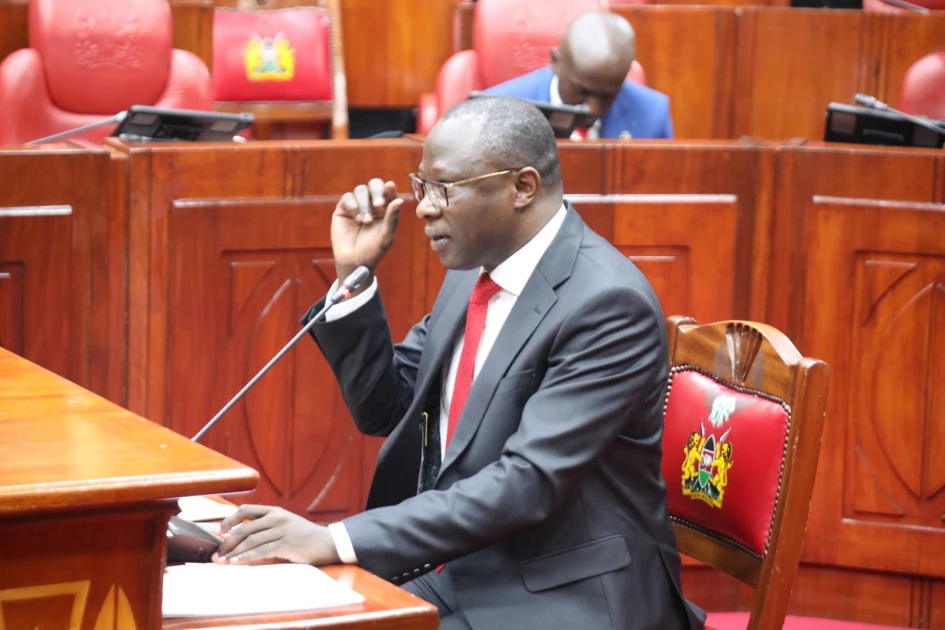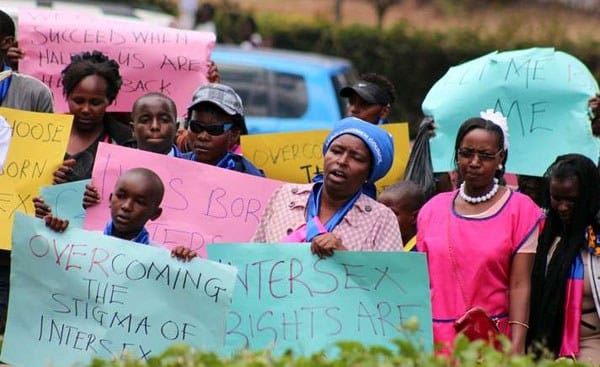The government has officially granted recognition to intersex persons as a third gender in the latest gazetted sample of birth notification certificates filled at birth.
This progressive move ensures that intersex individuals are now acknowledged in official documents, including birth certificates.
Intersex refers to people born with physical characteristics that do not fit the typical definitions of male or female.
Kenya National Commission on Human Rights (KNCHR) said the move to officially recognize Intersex persons at birth is a historic step towards securing the rights and opportunities for all Intersex persons in Kenya.
“Legal Notice No. 153 under the Births and Deaths Registration Act (Cap. 149) marks a historic milestone by officially recognizing intersex persons in birth registration,” KNCHR said.
“This aligns with Kenya’s legal framework, including the Constitution of Kenya 2010, the Children Act 2022 and the proposed Intersex Persons Bill 2024, reinforcing dignity, equality and non-discrimination.”

Intersex Persons Granted Third Gender Recognition in Birth & Death Certificates
The new Birth and Death Certificates will officially recognize ‘Intersex’ as a third gender, alongside the options of male and female. Intersex children can receive a birth certificate that indicates their sex as intersex.
Kenyan law has historically not recognized intersex as a separate gender, with the Constitution remaining silent on the matter. However, it prohibits discrimination based on sex.
Also Read: Are You Male, Female or Intersex?
The law recognized only male and females, and intersex persons had no choice but to identify either as male or female
The mystery surrounding intersex individuals has often been associated with negative stereotypes such as social misfits, curses, or evil spirits, leading to discrimination and even violations against them.
Intersex individuals faced employment challenges because they did not fit into the binary male or female gender categories.
According to Kenya Law, in the 2019 Census, 1,524 intersex people were recorded, which is 0.003 per cent of the country’s population but the exact number is unknown because there is no formal system for collecting data on intersex people.
The Kenyan law does not recognise intersex as a separate gender.
The Constitution is silent on the issue but prohibits the State from discriminating against a person on grounds of sex.
Court Cases
The very first time a Kenyan court had to pronounce itself on the issue was in 2010 in the R.M. v. The Attorney General and 4 Others in which the petitioner, who was born as intersex and raised as male, was remanded after being charged with a criminal offence. Upon conviction, he incarcerated with male convicts.
The Petitioner claimed that because the law in Kenya did not recognise intersex persons, his incarceration with male convicts violated his rights, as he was molested and ridiculed by the said inmates.
Also Read: Why More Women Need Digital Skills: Bridging Gender Gap
His second claim was that having been denied a certificate at birth, he could not obtain the national identification document and consequently he could not enjoy his civil rights among others.
The Court ruled in favour of the Petitioner, being held with male convicts amounted to cruel and degrading treatment. He was therefore awarded damages, making the case a locus on matters intersex.
More Cases on Gender
In the case Republic of Kenya v. Kenya National Examinations Council (KNEC)and Another, the Applicant, who underwent hormonal therapy and transitioned from male to female, sought to change her name from Andrew to Audrey on her identification documents and academic records.
The respondent’s argument was that KNEC refused to update the Applicant’s certificate, citing regulations that prevent name changes once a certificate has been issued.
KNEC had argued that the applicant had not fully transitioned and that her official documents still bore her former name.
The Court ruled that there was no legal prohibition against changing names and that gender did not need to appear on certificates.
It compelled KNEC to amend the Applicant’s certificate, emphasizing national values, principles of governance, and the right to dignity.
Follow our WhatsApp Channel and join our WhatsApp Group for real-time news updates


